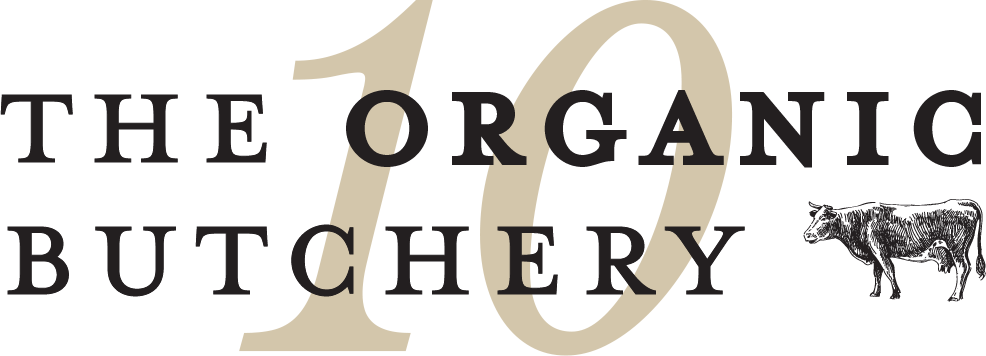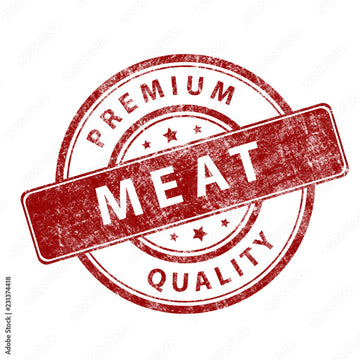What’s the Carbon Cost of Your Protein?

At The Organic Butchery, we’re committed to producing meat in a way that not only tastes exceptional but also respects the planet. As conversations around climate change grow louder, it’s natural to ask: What’s the environmental impact of the protein on our plates?
Let’s take a look at how different meats compare in terms of carbon emissions — and where organic farming fits into the picture.
Carbon Footprint by Protein Type
The carbon footprint of meat is largely measured by the greenhouse gas emissions (GHGs) produced throughout the animal’s life — from feed production to manure management and transport.
Here’s a rough average breakdown (in kg of CO₂-equivalent emissions per kg of product):
(Note: These are global averages and can vary depending on production methods.)
-
Beef (conventionally farmed): ~27 kg CO₂e
-
Lamb: ~39 kg CO₂e
-
Pork: ~12 kg CO₂e
-
Chicken: ~6–7 kg CO₂e
-
Farmed fish: ~5–6 kg CO₂e
-
Plant-based proteins (like beans or tofu): ~1–2 kg CO₂e
Unsurprisingly, beef and lamb are higher on the emissions scale due to the methane produced by ruminant digestion, and the energy required to rear these animals over longer lifespans.
How Is Organic Different?
While beef and lamb often get a bad reputation in sustainability discussions, not all meat is created equal. Organic farming operates very differently from conventional models — and that includes how carbon is managed.
Here’s how organic helps mitigate emissions:
🌿 Regenerative Grazing
Organic cattle and sheep are grass-fed and outdoors as much as possible, grazing on pastures that act as carbon sinks, helping to sequester carbon back into the soil. This process offsets a portion of the methane emissions produced.
🌾 No Artificial Fertilisers or Pesticides
Conventional agriculture relies heavily on chemical fertilisers and pesticides, which are energy-intensive to produce and emit nitrous oxide — a potent greenhouse gas. Organic farming avoids these entirely.
🐄 Better Animal Welfare, Less Waste
Organically raised animals tend to live healthier, more natural lives, which can lead to more efficient meat production and less waste overall. Animals are not pushed for rapid growth, which reduces the need for intensive feed crops.
🔄 Lower Feed Emissions
Organic animals aren’t fed genetically modified grains or imported soy — instead, their feed comes from organic sources, often grown on-site or nearby, significantly reducing the footprint associated with long-haul feed transport.
So, Is Organic Meat Better for the Planet?
While all meat production comes with an environmental cost, organic farming significantly lowers the impact, especially when it comes to:
-
Land use and soil health
-
Carbon sequestration
-
Water usage
-
Biodiversity support
At The Organic Butchery, we go even further by partnering with farms that prioritise regenerative agriculture — farming in harmony with nature to restore the land, not deplete it.
Conscious Choices, Better Meat
Eating sustainably isn’t about cutting out meat altogether — it’s about choosing better meat. Choosing organic supports a system that prioritises the long-term health of the planet, animals, and people.
Next time you're planning your meals, consider where your protein comes from — because food grown the right way has nothing to hide.
No comments







0 comments